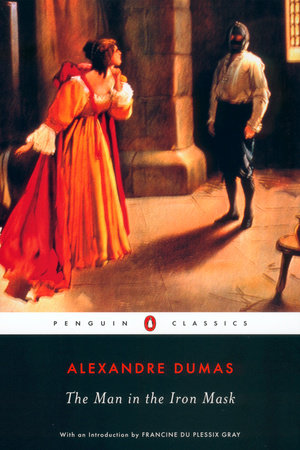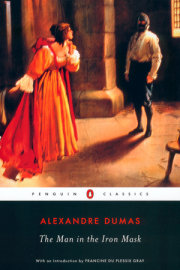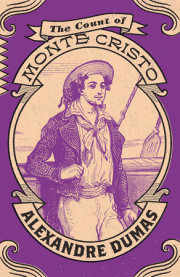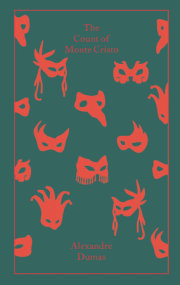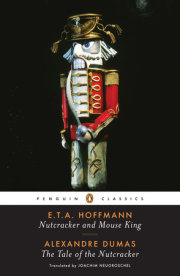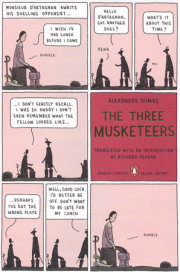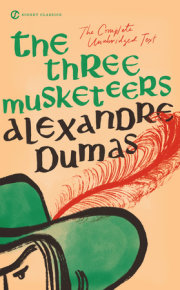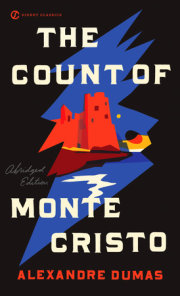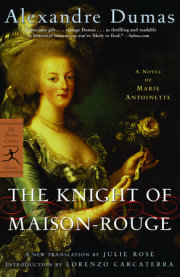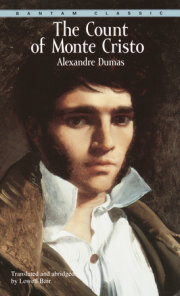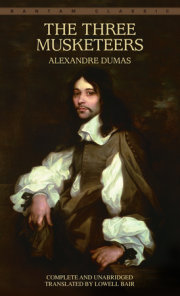Alexandre Dumas (1802–1870) lived a life as romantic as that depicted in his famous novels. He was born in Villers-Cotterêts, France. His early education was scanty, but his beautiful handwriting secured him a position in Paris in 1822 with the du’Orléans, where he read voraciously and began to write. His first play,
Henri III et sa cour (1829), scored a resounding success for its author and the romantic movement. His lavish spending and flamboyant habits led to the construction of his fabulous Château de Monte-Cristo, and in 1851 he fled to Belgium to escape creditors. Dumas’s overall literary output reached more than 277 volumes, but his brilliant historical novels made him the most universally read of all French novelists. With collaborators, mainly Auguste Maquet, Dumas wrote such works as
The Three Musketeers (1843–1844); its sequels,
Twenty Years After (1845) and the great mystery
The Man in the Iron Mask (1845–1850); and
The Count of Monte Cristo (1844). His work ignored historical accuracy, psychology, and analysis, but its thrilling adventure and exuberant inventiveness continued to delight readers, and Dumas remains one of the prodigies of nineteenth-century French literature.
View titles by Alexandre Dumas

